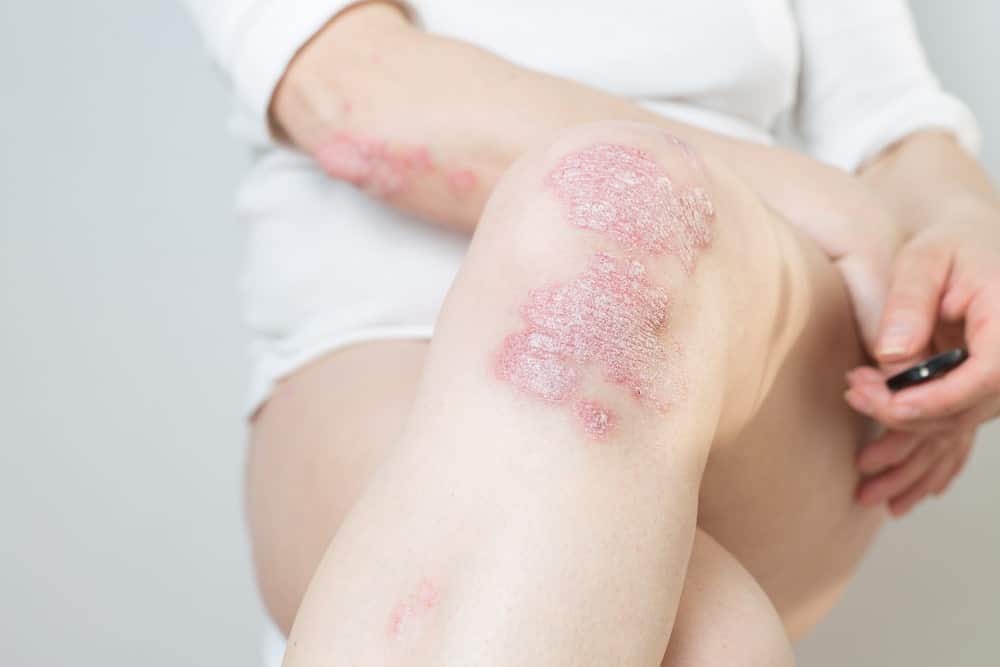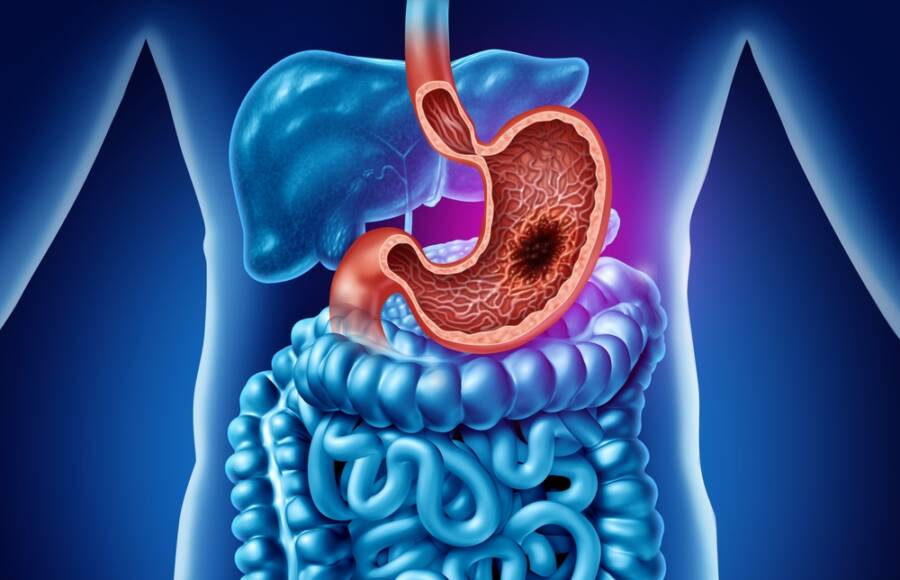Even if the exact cause of psoriasis is still unknown, doctors see it as an immune-mediated inflammatory disease. This also means that inflammation as the root cause of this condition. As much as 3% of adults in the United States suffer from psoriasis.
It is known to cause skin symptoms, like raised plaques and discoloration, and could also affect other parts of the body, like joints and eyes. Experts think inflammation is the common factor that could affect these areas.

What exactly causes inflammation in psoriasis?
In people with psoriasis, immune system dysfunction could cause inflammatory cells to slowly build up in the middle layer of the skin, also known as the dermis. The condition inflates the growth of skin cells in the epidermis, the outer skin layer.
Generally, skin cells grow and flake off in the span of a month. This process also speeds up in a couple of days for people with psoriasis. Instead of shedding, skin cells gather on the skin’s surface, leading to uncomfortable symptoms like raised plaques, scales, swelling, and redness or discoloration.
Even if psoriasis is a skin condition, the inflammation affects the entire body. It could also increase the risk of heart disease, cancer, inflammatory bowel disease, and psoriatic arthritis.
Is there any way to treat inflammation?
Even if inflammation in psoriasis is mainly caused by immune system dysregulation, studies also indicate that people could reduce this inflammation through lifestyle and dietary changes. This can also reduce symptoms and improve the overall quality of life.
Using these useful methods, many people who suffer from psoriasis could maintain remission, which is a long period without experiencing psoriasis symptoms. Additionally, some medications to treat psoriasis are meant to reduce inflammation, such as topical corticosteroids, injectable biologics, and oral medications. It’s worth mentioning that everyone with psoriasis is different. Some people might need more extensive care and treatment.
How to manage inflammation?
Even if there’s no cure for it, these habits might alleviate the inflammation and increase a person’s chances of experiencing remission.
Eating a proper, nutritious diet
Our diet has a strong link to systemic inflammation. Studies proved that some types of inflammatory dietary patterns could potentially increase the risk of psoriasis and worsen symptoms. A very nutritious diet looks very different, depending on each individual. However, here’s a list of things that might help you establish one:
- avoiding inflammatory foods – some types of foods and beverages have pro-inflammatory substances that trigger inflammation and psoriasis symptoms. Some examples also include soda and ultra-processed foods like salty snacks, sweets, and processed meat products.
- considering an anti-inflammatory diet – diets that are rich in fruits, vegetables, and many other nutritious foods could reduce the symptoms. For instance, a 2018 study of 35,735 people, out of which 2,557 had the condition, suggested that those who adopted a Mediterranean-style diet suffered from severe psoriasis, compared to people who didn’t.

Maintaining a moderate weight
Obesity is a huge risk factor for the development of this chronic condition. People who suffer from psoriasis and also have weight issues could experience severe symptoms, compared to people with a moderate weight. Weight loss could potentially reduce inflammatory markers and even reduce psoriasis symptoms in people with excess body weight.
A 2020 study discovered that people who suffer from this chronic condition and overweight/obesity who managed to reduce their weight by 12% through a 10-week program also experienced a 50–75% reduction in its severity. Participants also experienced an average weight loss of 23 pounds.
Implementing other healthy habits
Many habits could reduce inflammation and improve psoriasis symptoms, like:
- avoiding and quitting smoking – smoking harms a person’s health and worsens any pre-existing inflammatory diseases, psoriasis included.
- reducing alcohol intake – excessive drinking could contribute to inflammation and worsen the symptoms.
- staying active – avoiding long periods of sitting could help with reducing the symptoms. One research showed that people with psoriasis who live sedentary lives experience more severe symptoms compared with people who exercise constantly.
- sleeping a decent amount of time – Not getting enough sleep could lead to a more severe pro-inflammatory state in the body. Studies even suggest that poor and inconsistent sleep could increase inflammation markers in the blood. Experts also recommend getting in between 7 and 9 hours of sleep per night for proper and optimal health.
- managing stress levels – Prolonged stress could make the immune system overactive and contribute to a pro-inflammatory state. Up to 88% of people who suffer from this condition reported stress as the main trigger for their symptoms.
Even if it won’t make the symptoms disappear, this moisturizing cream from CeraVe will definitely help your skin, so give it a try!
If you found this article useful, we also recommend checking: 7 Unexpected Hearing Health Hazards Seniors MUST Know About













